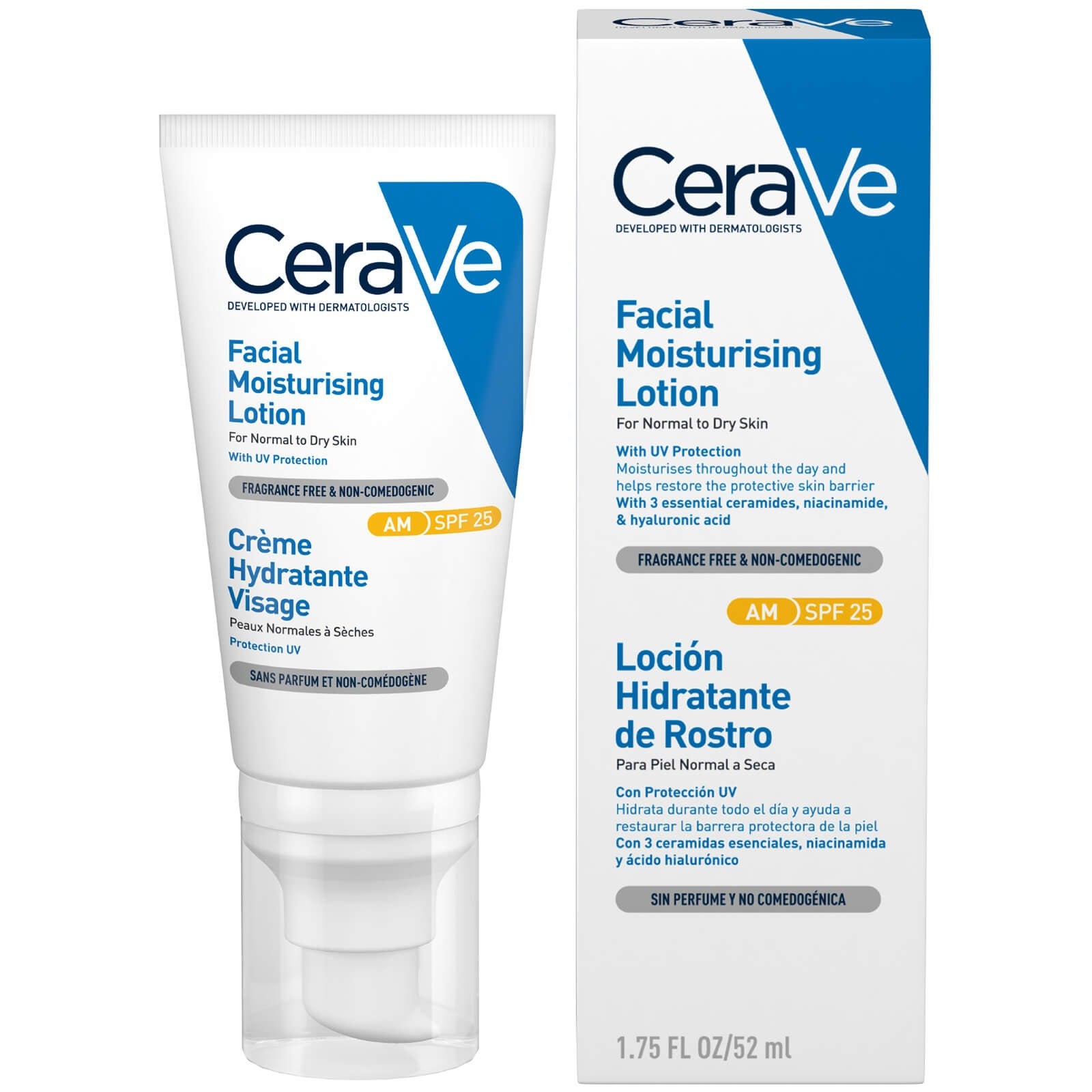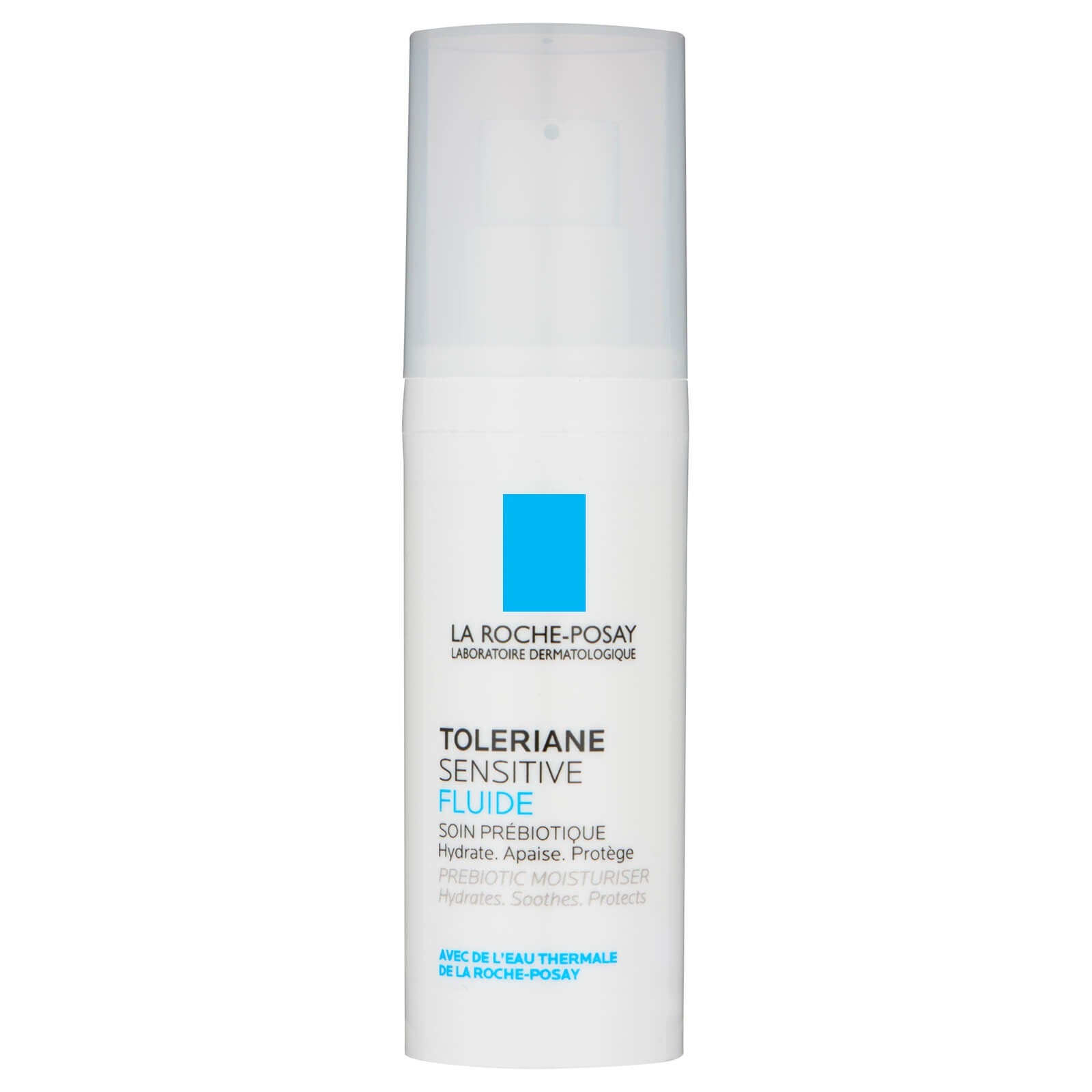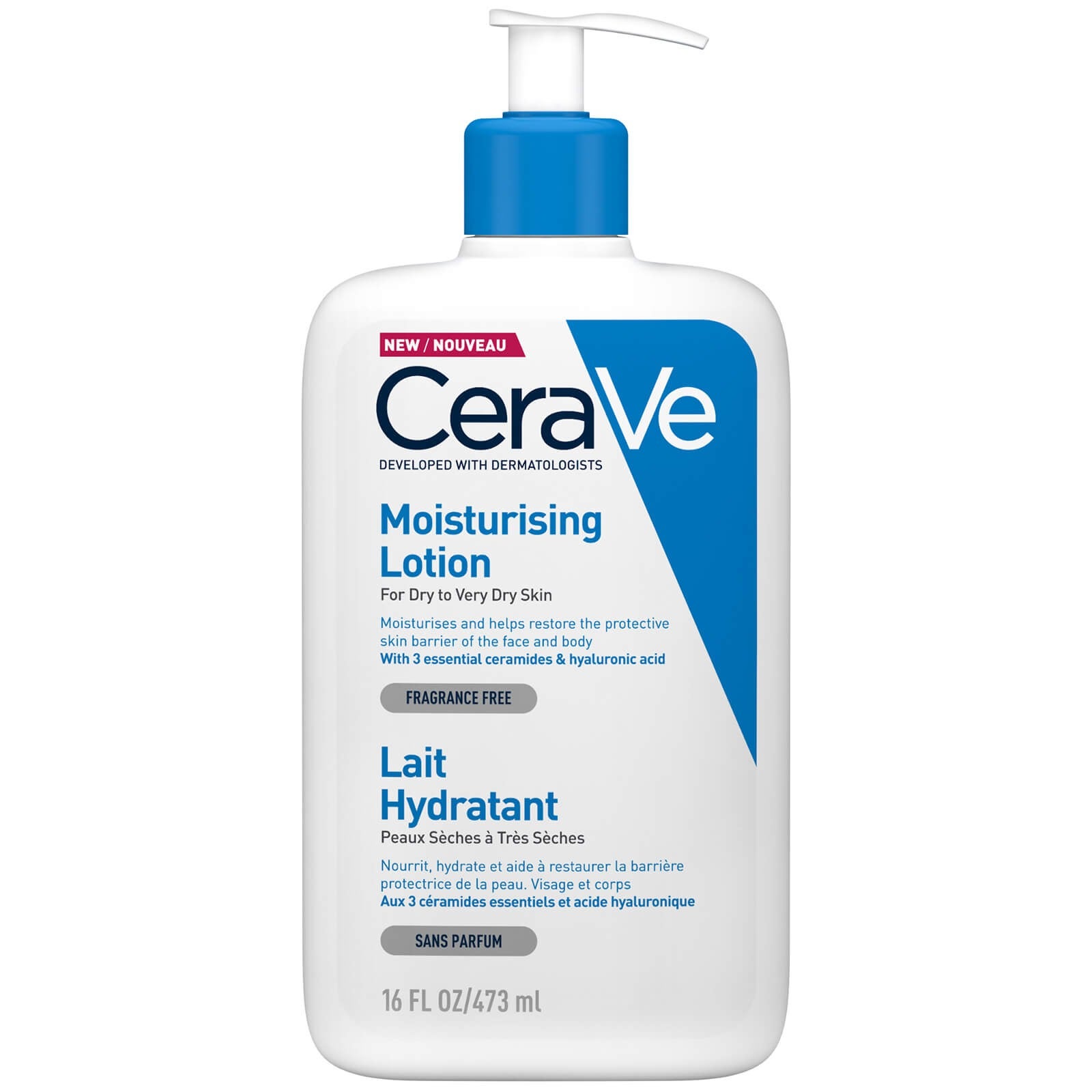At Refinery29 Australia, we’re here to help you navigate this overwhelming world of stuff. All of our picks are independently selected and curated by the editorial team, but we may earn commission or other compensation from the links on this page.
Whether you're team Actimel or team Yakult, anyone who was encouraged to gulp down a yoghurt drink before school will know about the many intended benefits of probiotics. Basically, a combination of live bacteria and yeasts, studies like this one and this one show that probiotics – when consumed – contribute to a better immune system, a healthier gut and can potentially treat a handful of infections. It was only ever a matter of time before they found their way into skincare.
AdvertisementADVERTISEMENT
On TikTok, the hashtag for #probioticskincare has amassed 96.7 million views and counting, with acne, rosacea and clear skin listed as related skincare queries. A quick scroll will present you with beauty enthusiasts and skincare experts talking about how probiotics have helped to clear their breakouts and manage their eczema, among other common gripes. In almost all of these videos, one word crops up time and time again: microbiome.
What are probiotics and how do they work in skincare?
Without taking you back to biology class, the microbiome consists of bacteria, fungi and viruses which occur naturally on the surface of our skin — and they're normal. According to consultant dermatologist Dr Anjali Mahto, probiotics in skincare are said to encourage the growth of 'good' bacteria to prevent the 'bad' bacteria taking over your skin's microbiome and causing skin issues. In an Instagram post, Dr Mahto explained that brands claim your skin will become more 'healthy' as a result of using probiotic skincare. Dr Ana, cosmetic doctor and skincare expert, adds that the microbiome's bacteria helps form the skin's protective barrier, making it plump, firm and radiant.
“
There is simply not enough evidence to be able to confidently establish whether probiotics in skincare actually work or have any significant or valuable benefit when applied topically to the skin.
Dr Ana
”
Does probiotic skincare work?
AdvertisementADVERTISEMENT
Skincare experts have reported a spike in searches for skin protection and skin immunity linked to the pandemic so it's no wonder more brands are packing their products with probiotics. Take Biossance, Byoma and Dr. Jart+, for example. But while plenty of probiotic skincare comes with good intentions, experts argue a lot of it might not be doing anything at all.
Dr Mahto took to Instagram live again recently to unpack the trend. She explained that there simply isn't enough evidence to suggest that probiotic skincare does what it says it does. Dr Mahto said: "Despite many award-winning probiotic skincare products on the market, we still know relatively little about the 'good' and 'bad' bacteria on our skin. Beauty companies are simply promoting a poorly understood science."
Laura Marinelli, PhD is a scientific advisor at Ellis Day Skin Science and explains that lots of probiotic skincare products contain things such as lactobacillus, lactococcus and bifidobacterium. These are probiotics that have been studied in relation to the gut. Dr Mahto added that the skin's microbiome is not the same as the gut, which raises the question: will the good gut bacteria infused into skincare products even work on the skin?
Dr Ana thinks not. "There is simply not enough evidence to be able to confidently establish whether probiotics in skincare actually work or have any significant or valuable benefit when applied topically to the skin," she told R29. Laura seconds this. She says that in the majority of studies showing beneficial effects, probiotics were ingested. "It's unclear whether they have any direct benefit on the skin microbiome when applied topically." Dr Ana points out that the gut and skin are very different. "Assuming probiotics will be transferable across both of these organs is far-fetched without the backing of more extensive research and evidence," she says.
AdvertisementADVERTISEMENT
“
Probiotic skincare products don't actually contain live probiotic bacteria, and certainly not the bacteria that are normally found on healthy skin.
Laura Marinelli
”
You might've seen some skincare brands claim that their products contain live bacteria. From a dermatologist's point of view, it's actually pretty dangerous to put live bacteria on your skin. Why? There is a real risk of infection, said Dr Mahto. Dr Ana adds that it would actually be very difficult to make a skincare product that has true live bacteria in the container. Most skincare contains some kind of preservative to make sure that harmful microbes don't grow in the product over time. Any preservatives are likely to kill the live probiotic bacteria, confirmed Dr Ana, Dr Mahto and Laura.
There's another issue with live bacteria, says Laura. "Live bacteria require certain conditions to ensure they stay alive, for example, adequate nutrients, correct oxygen levels and temperature. These are not generally easy to provide in the context of a skincare product," she explains. This makes sense, especially when you consider all the different ways we store our skincare: in the bathroom cabinet, on the bedroom dressing table... Dr Mahto added that there is no evidence that dead probiotics applied to skin will encourage 'good' bacteria. Laura corroborates: "Probiotic skincare products don't actually contain live probiotic bacteria and certainly not the bacteria that are normally found on healthy skin."
So are beauty brands pulling the wool over our eyes? Dr Mahto believes that many probiotic marketing claims in skincare are simply hype. She said: "To the consumer, 'probiotic' implies live bacterial cultures. But in actual fact, they are usually purified bacterial material." In ingredients lists, this is often referred to as 'lysate' and a quick search proves that multiple popular skincare brands use this over live bacteria. "Skincare can contain probiotic as an ingredient but this does not make it an 'active' ingredient," said Dr Mahto.
AdvertisementADVERTISEMENT
What is the point of probiotic skincare?
So is there any real benefit to probiotic skincare? Happily, products are unlikely to do much harm when used appropriately, says Dr Ana. "Although they are not top of my list of recommendations or investments, if they are relatively affordable I wouldn't be opposed to trying them," she says.
Overall, they might just be good moisturisers. Dr Ana explains that probiotic skincare products "tend to be paired with moisturising, hydrating and anti-inflammatory ingredients," such as glycerin and vitamin E. "They are typically formulated specifically for sensitive skin types and are likely to be beneficial to the skin barrier either way." Dr Mahto agreed: "[Probiotic skincare] can have moisturising and skin calming benefits," she said, "but it's questionable whether it's the lysate or the other ingredients contributing to that effect. The science is interesting but I don't think we are ready to manipulate [probiotics] for our skin just yet."
Instead, Laura predicts that we will see a rise in products with ingredients already found in the skin, which have proven benefits. You may have noticed brands championing things like ceramides (for repairing skin) and hyaluronic acid (for deep hydration). "Hyaluronic acid — found in the Ellis Day Hydrating Phage Serum — is a fantastic humectant," says Laura. "When used topically, this means it pulls water into your skin, helping to keep it plump and hydrated." Other skin-native ingredients to look for, says Laura, are "ceramides, squalane (a stabilised and non-pore-clogging form of natural oil produced by our own oil glands), lactic acid and peptides [or proteins] that can promote collagen production."
AdvertisementADVERTISEMENT
If you don't want to give up on the friendly bacteria just yet, Laura says that there is growing evidence that postbiotics (made when probiotics are broken down) can have benefits. "They primarily reduce inflammation, dryness and sensitivity and support the skin's barrier," she said. Brands such as Gallinée, Cultured and The Nue Co. all use postbiotics in their skincare.
If you're using probiotic skincare and have seen good results, there's absolutely no reason to shelve your products. But the expert consensus is pretty plain: until probiotics are better studied in relation to skin, it's probably best to take any big beauty claims with a pinch of salt.
AdvertisementADVERTISEMENT









